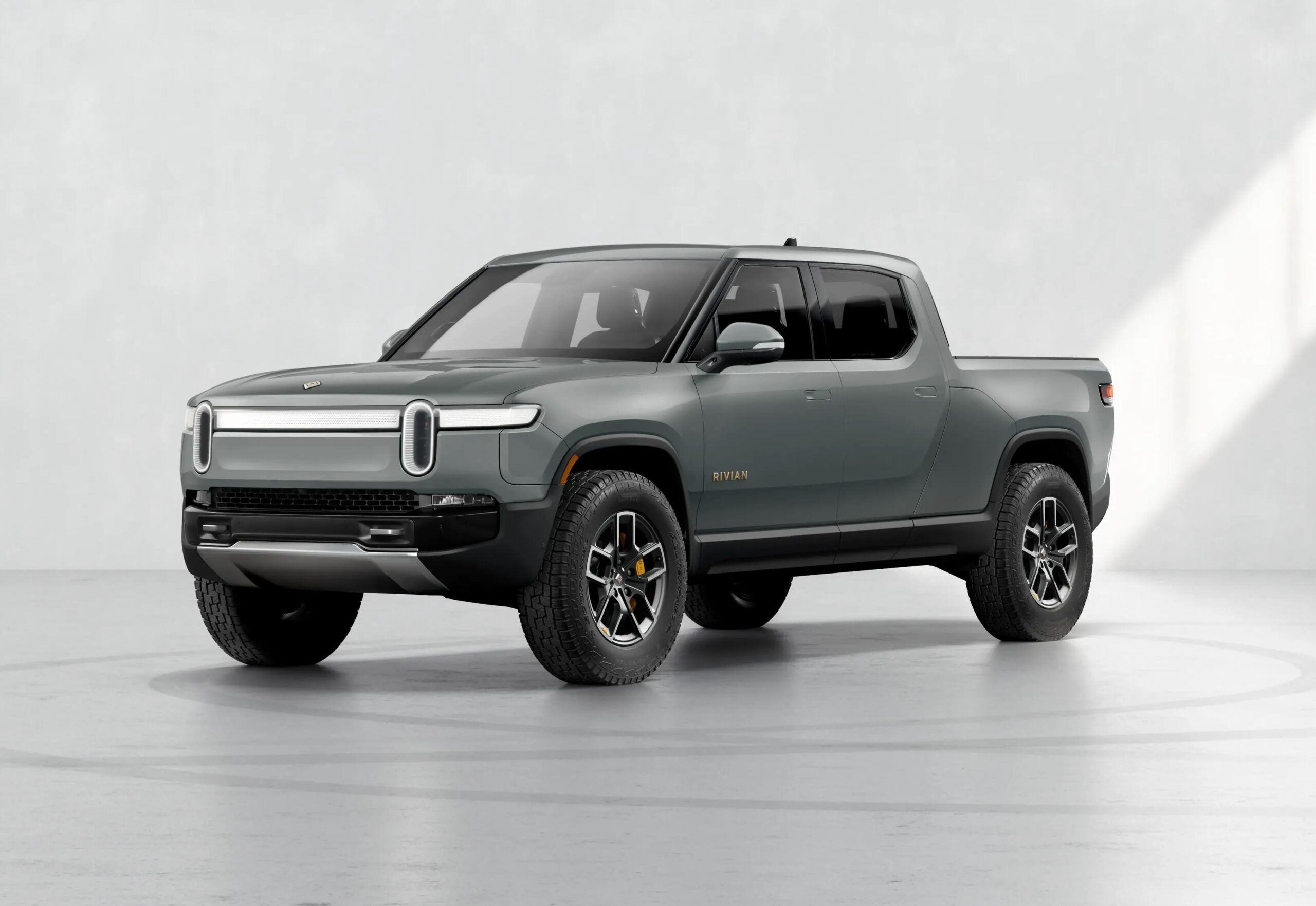Electric Vehicle Industry: Daily Disparities in 2024 Deliveries
The electric vehicle (EV) industry is experiencing varied levels of success in 2024, with striking disparities in the average daily vehicle deliveries among leading brands. A tweet recently highlighted these differences, sparking considerable discussion about the future paths these companies might take.
Tesla’s Dominance in the EV Market
According to the tweet, Tesla remains the unmistakable leader in the EV sector with an impressive average of 4,888 vehicles delivered per day. This figure underscores Tesla’s ability to maintain high production and delivery rates, asserting its position as a trailblazer in the industry.
Musk’s enterprise has masterfully navigated supply chain challenges that decimated many sectors worldwide. Their success can be attributed to a robust manufacturing strategy, a global network of Gigafactories, and consistently high demand driven by technological innovation and brand loyalty.
The Emerging Players: Rivian and Lucid
In contrast, newer companies like Rivian and Lucid are still gaining traction. Rivian reports a modest 141 vehicles delivered daily, while Lucid lags with just 28 vehicles reaching customers each day.
Rivian, an exciting entrant known for its rugged and adventure-oriented vehicles, is still in the scaling phase. The brand has appealed to a niche market but must expand production capabilities substantially to match Tesla’s numbers. Rivian’s progress is admirable but highlights the steep climb still ahead.
Lucid Motors, on the other hand, aims to capture the high-end EV segment with luxurious features and extended range capabilities. Despite industry excitement around its products, Lucid’s low delivery rate raises questions about its production scalability and market positioning.
Visual Insights from Industry Leaders
Accompanying this data were intriguing images shared across social media platforms, providing further insight into the operational dynamics of these companies. A series of images depicted Tesla’s bustling production floors, Rivian’s innovative assembly line techniques, and Lucid’s premium quality control processes.
The visuals underscore the vibrant, competitive spirit of the EV industry and serve as reminders of the diverse strategies these companies employ to achieve their goals.
Future Prospects and Challenges
For both Rivian and Lucid, the road to becoming key players in the EV market involves substantial hurdles. Scaling production, securing a resilient supply chain, and enhancing global reach will be crucial. Industry analysts suggest that while Tesla continues to dominate, the momentum seen in these emerging competitors might eventually reshape the market landscape.
Rising demands for sustainable mobility solutions offer opportunities for all EV manufacturers. However, seizing these will require agility in manufacturing, innovation in technology, and robust customer engagement strategies.
Conclusion
As the EV market evolves, the disparity in vehicle deliveries between Tesla, Rivian, and Lucid serves as a testament to the varied stages of growth and the unique challenges each company faces. The industry will be watching closely in 2024 to see how these dynamics play out and who will emerge as the next giant in the electric mobility race.
